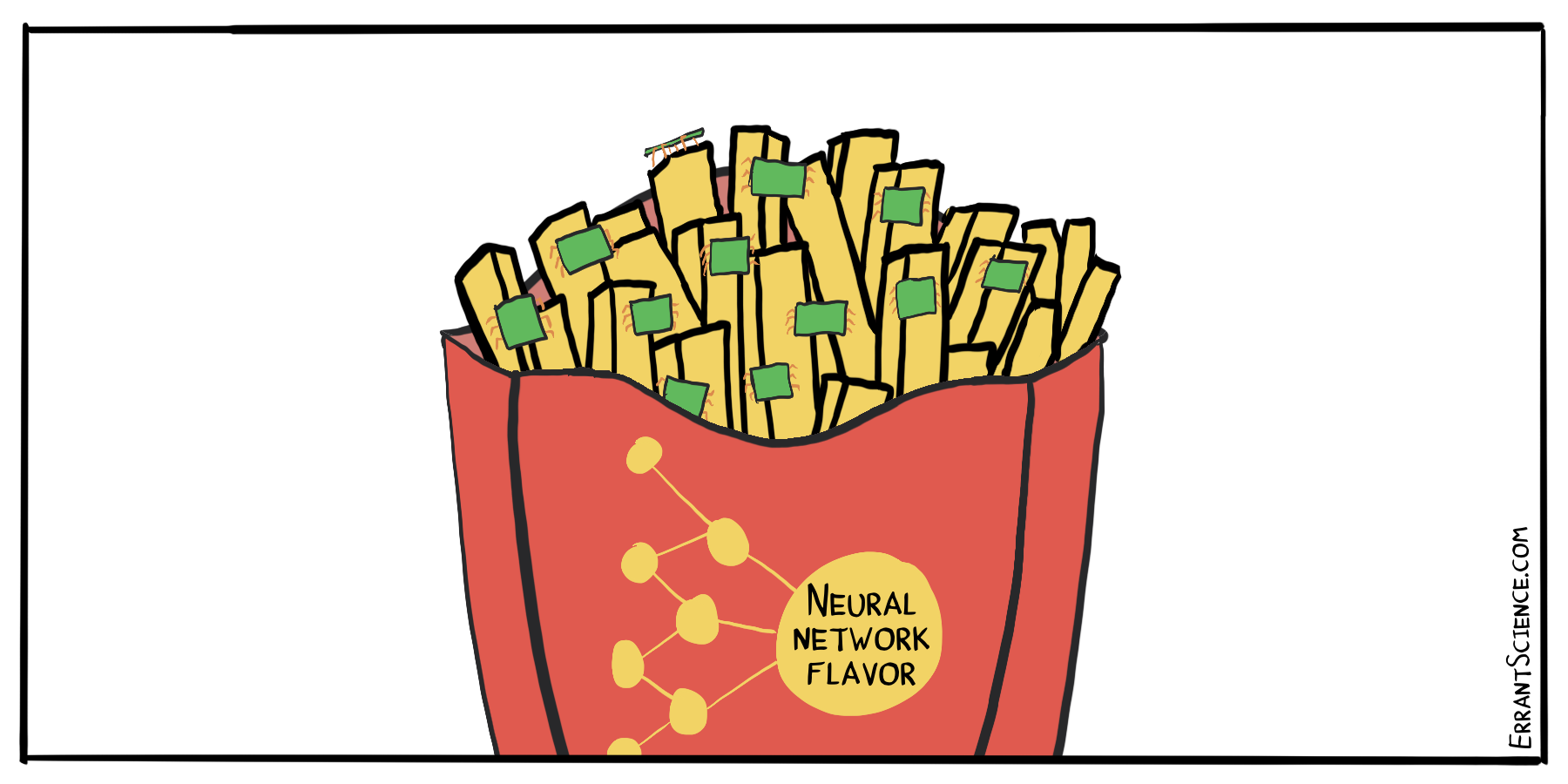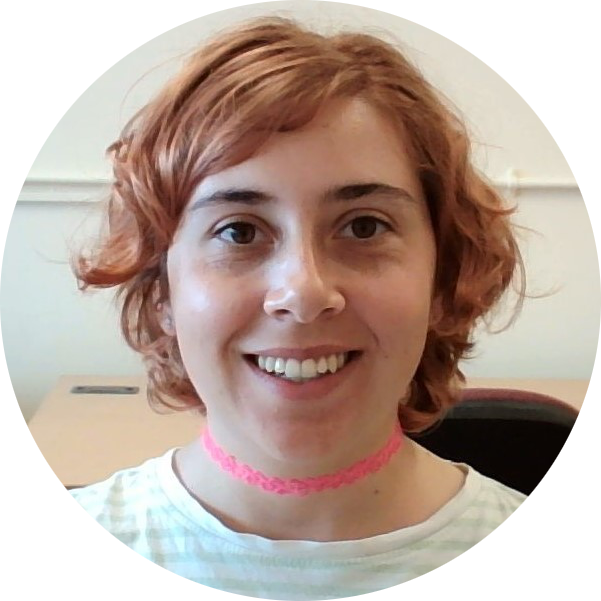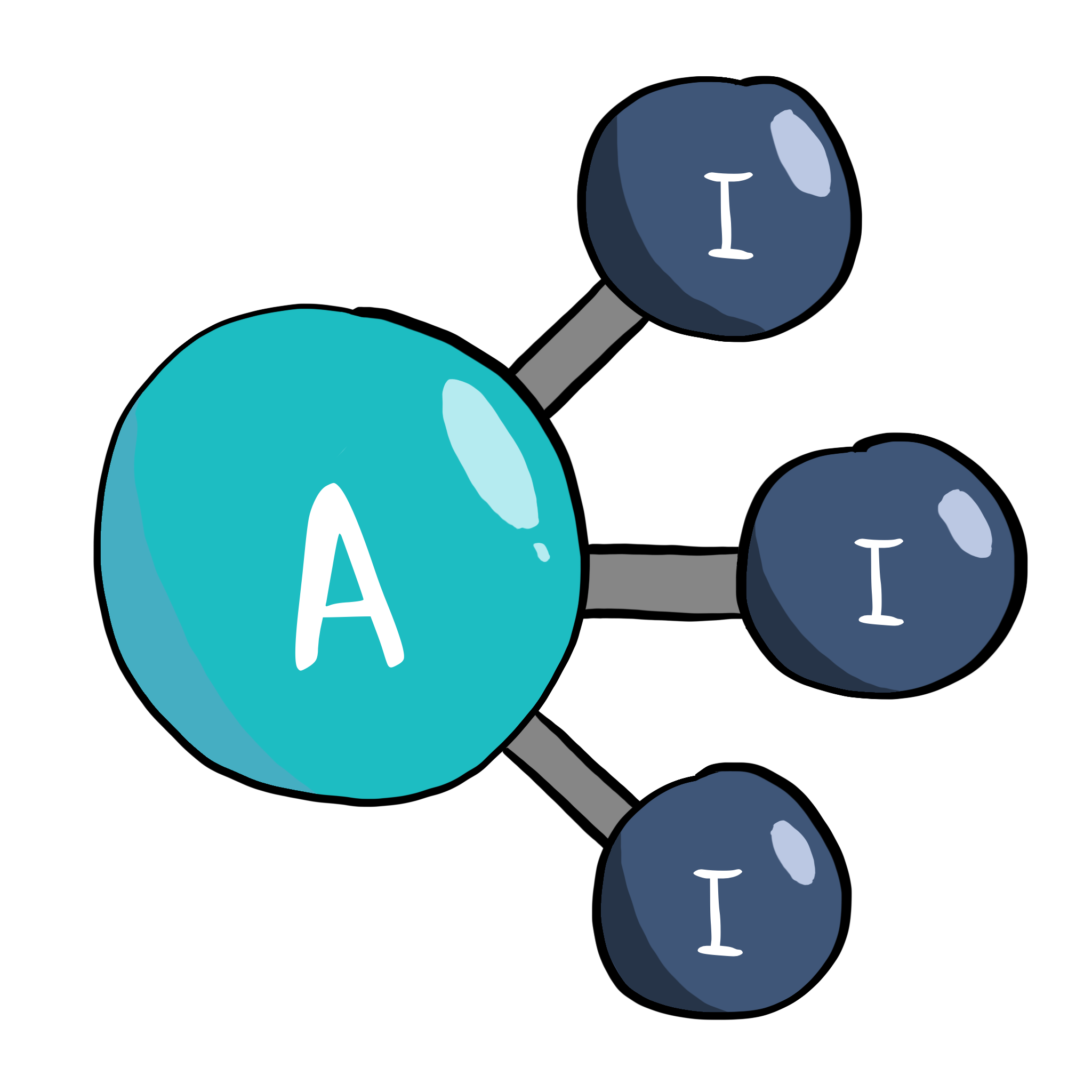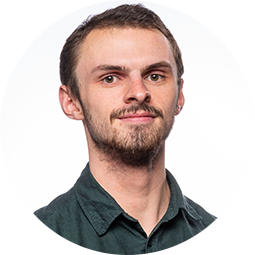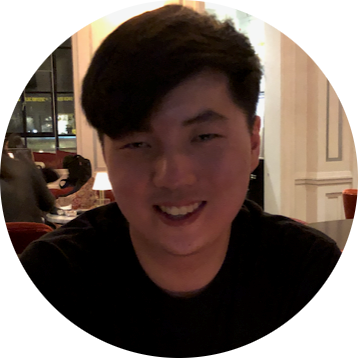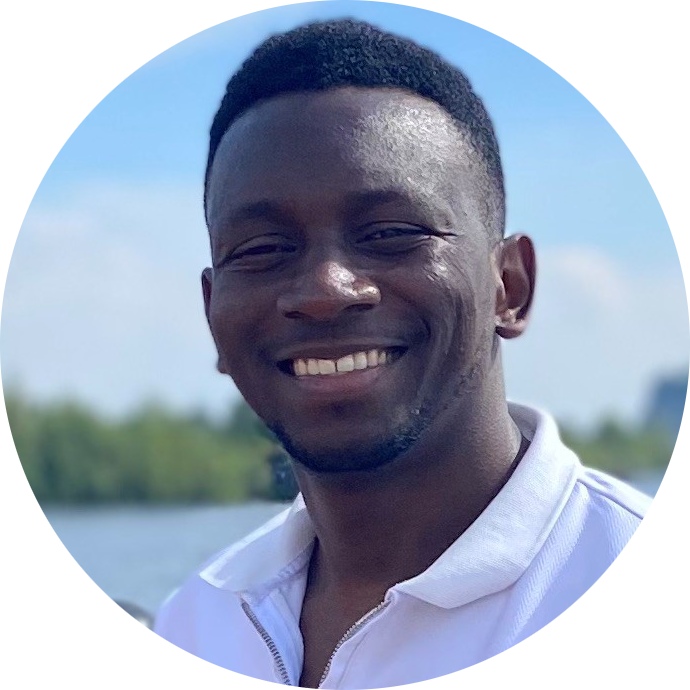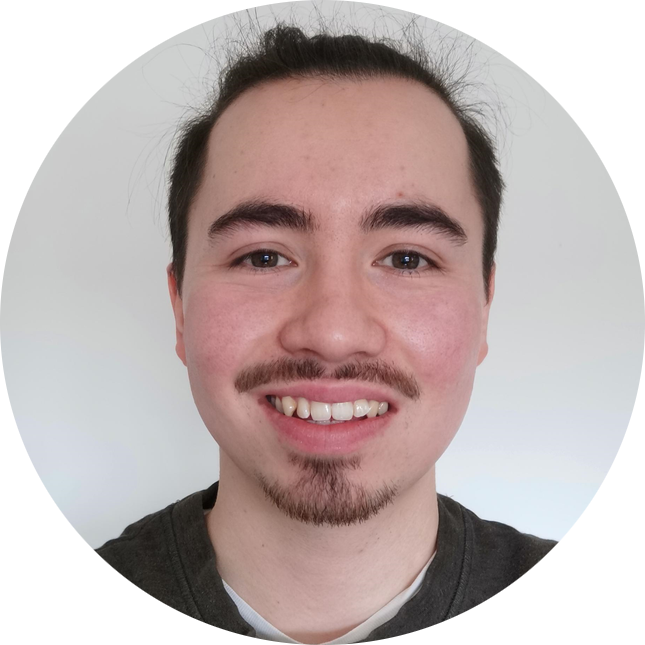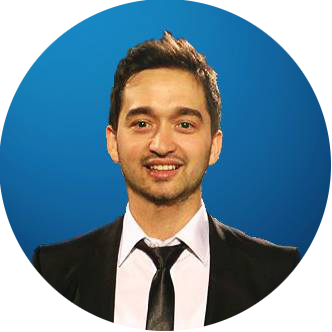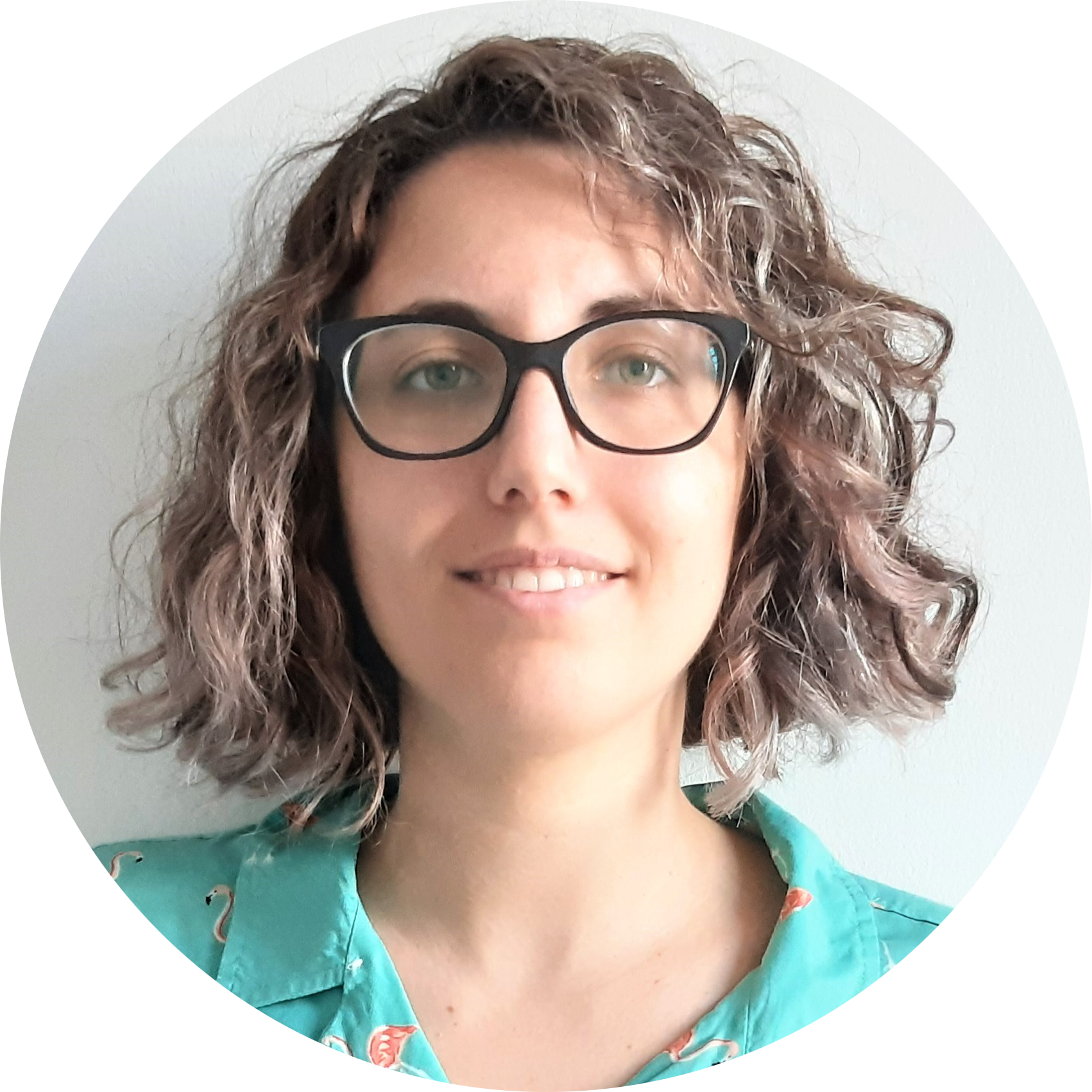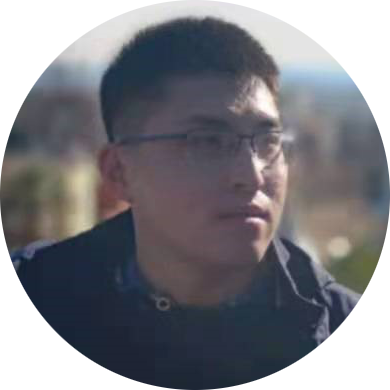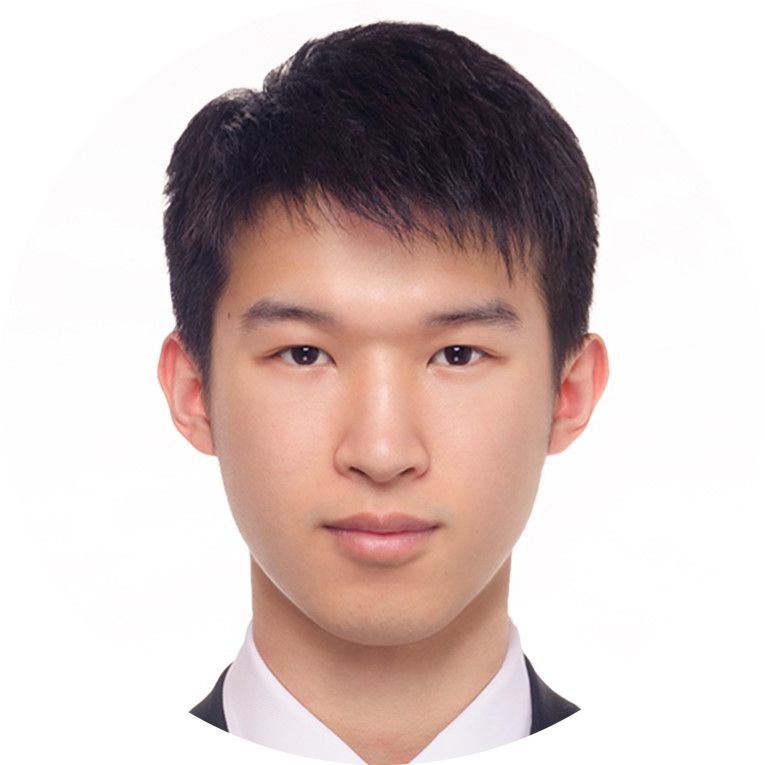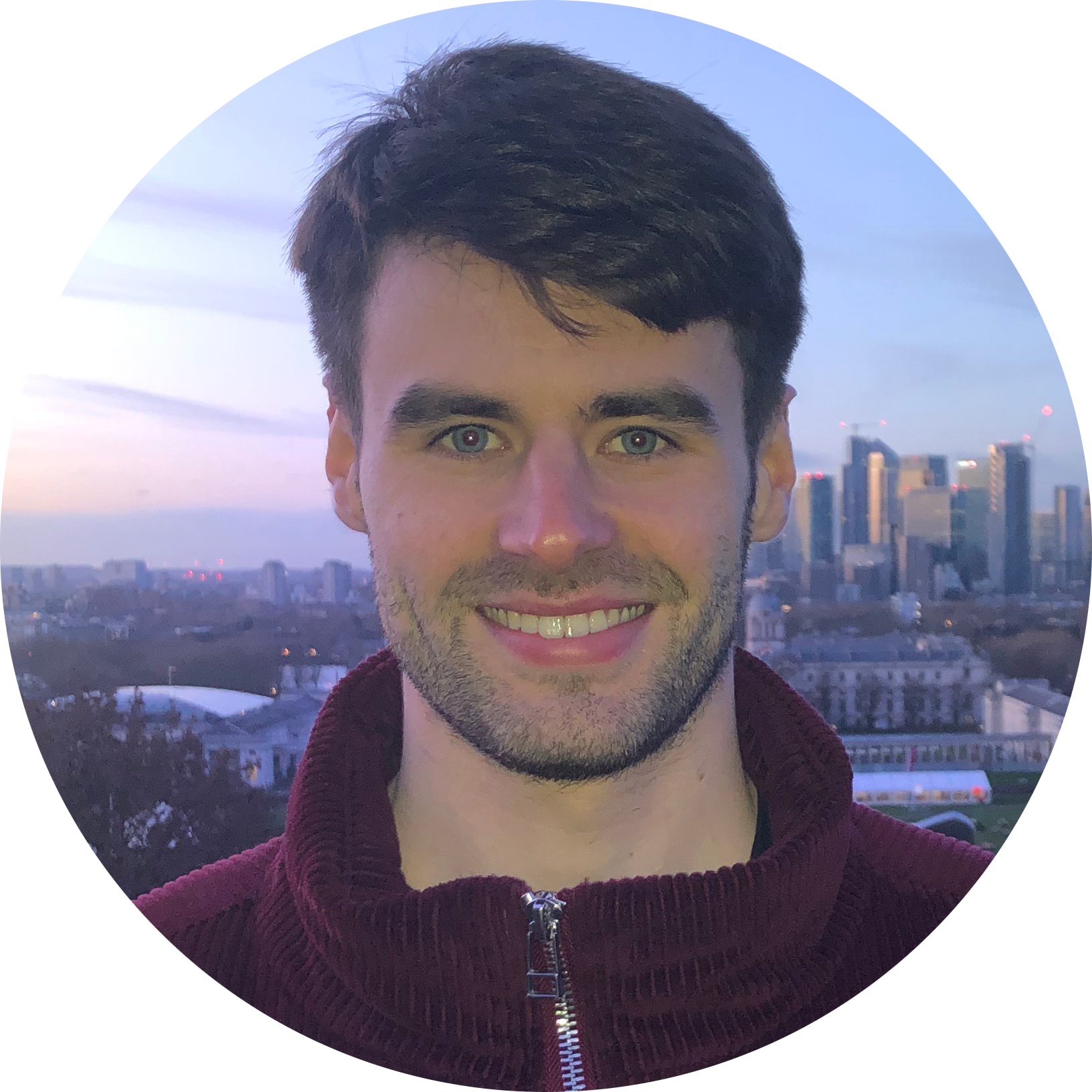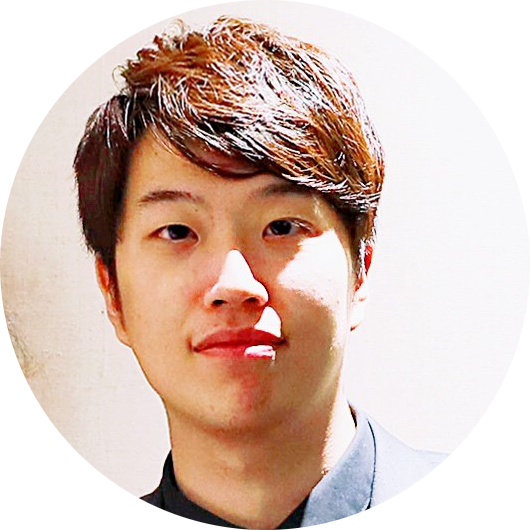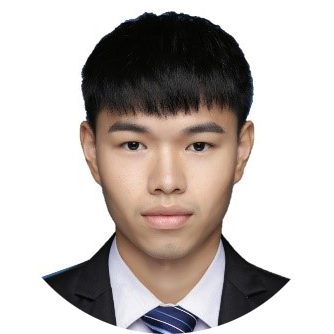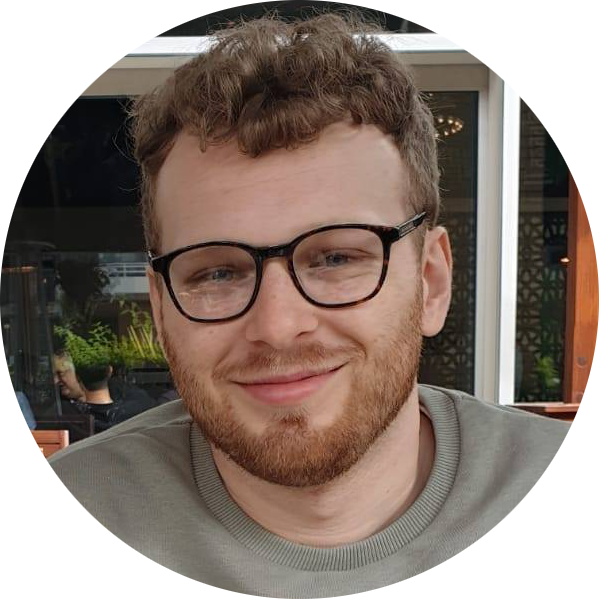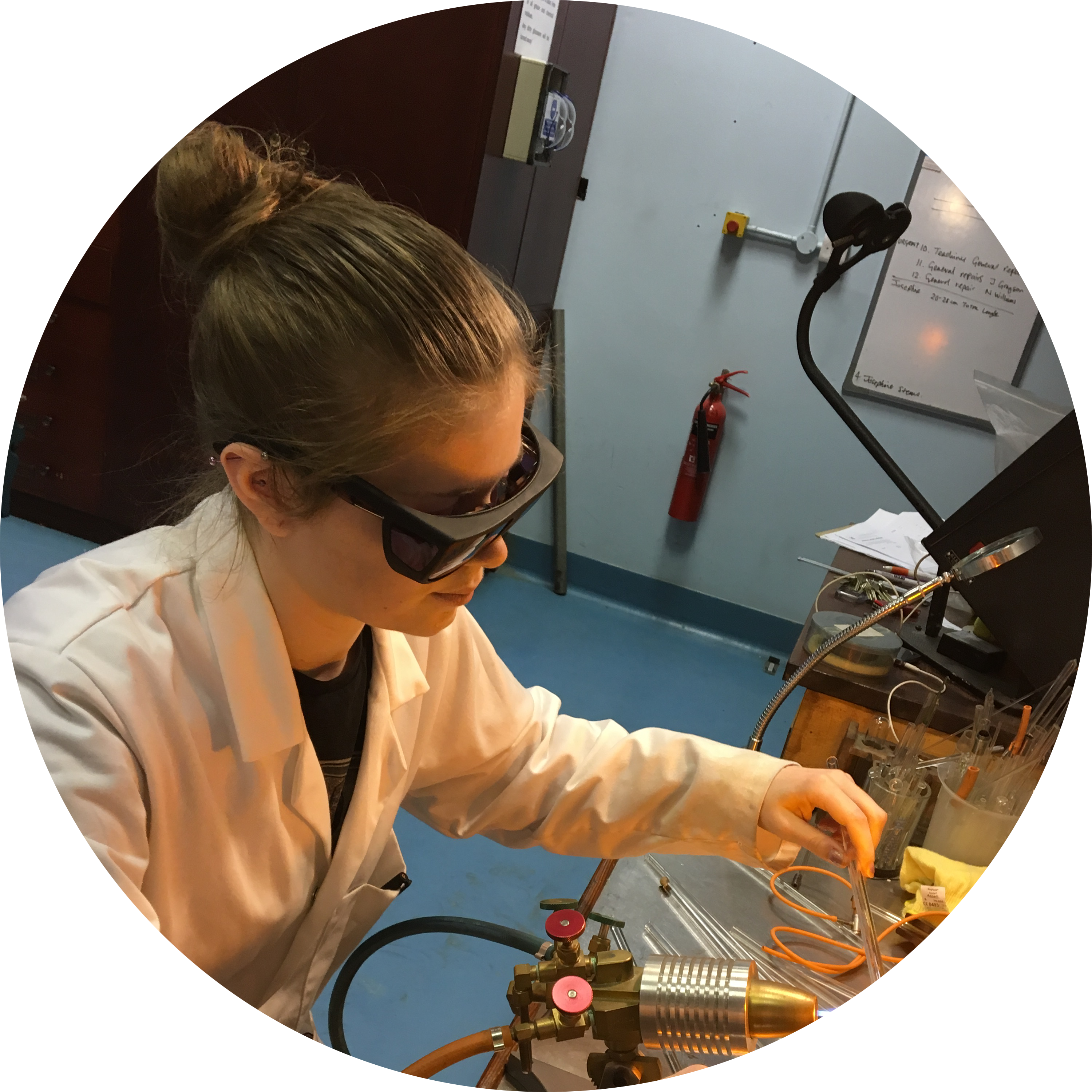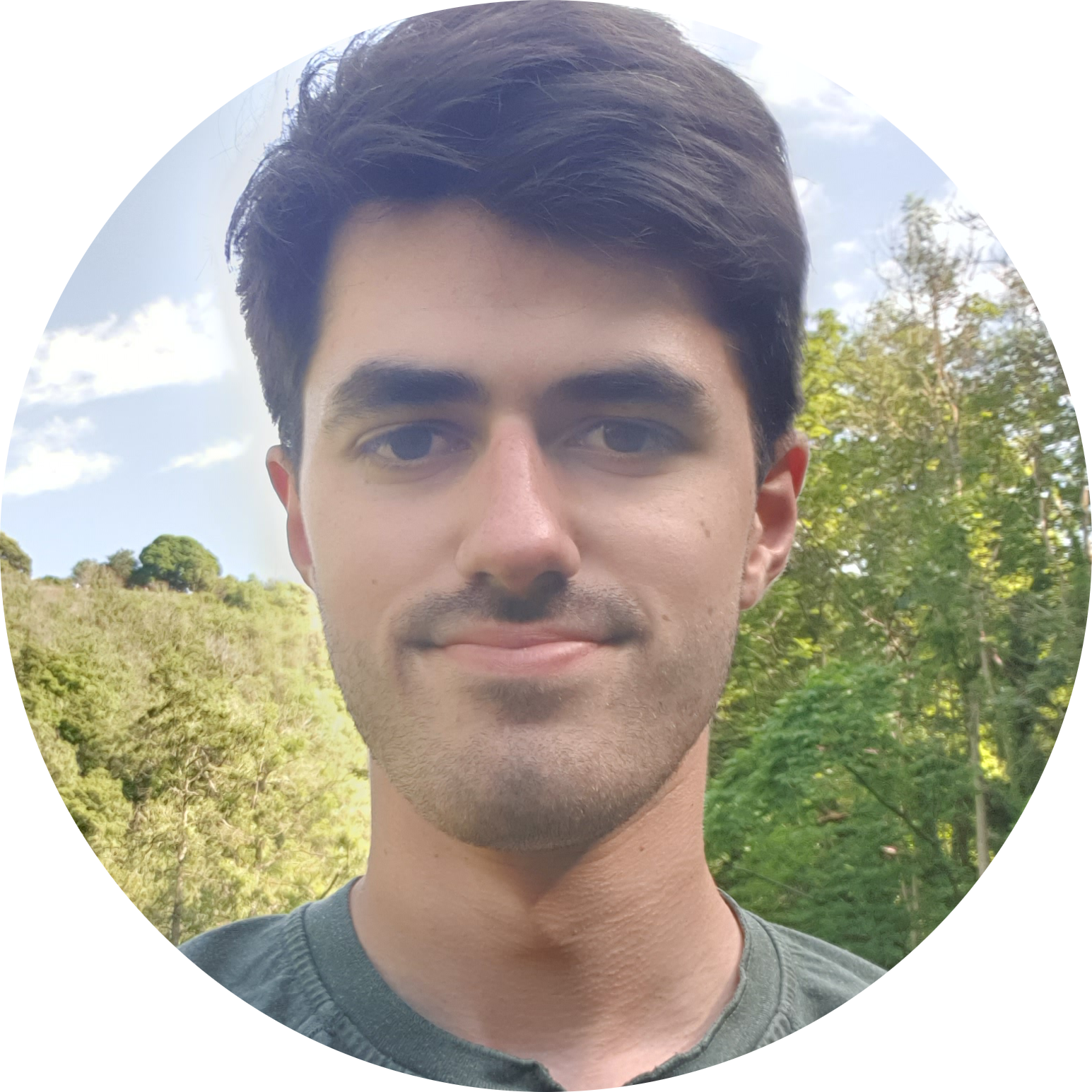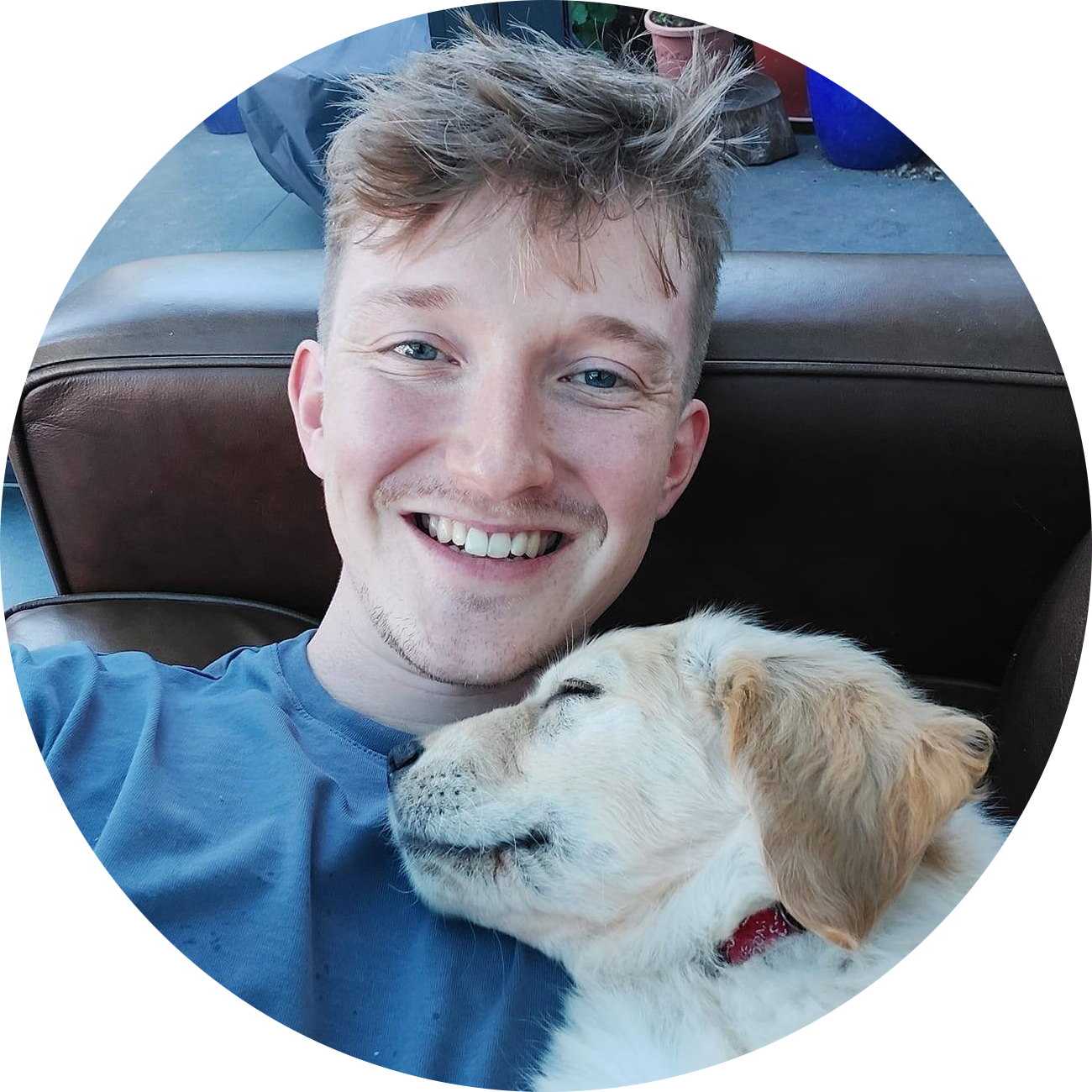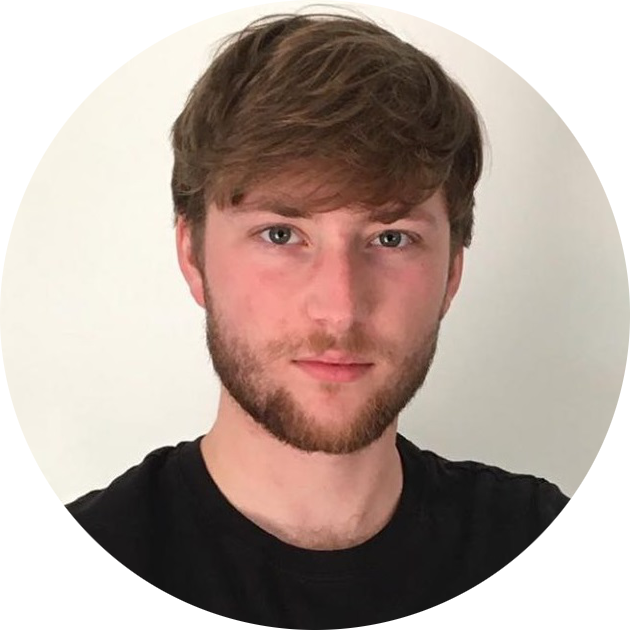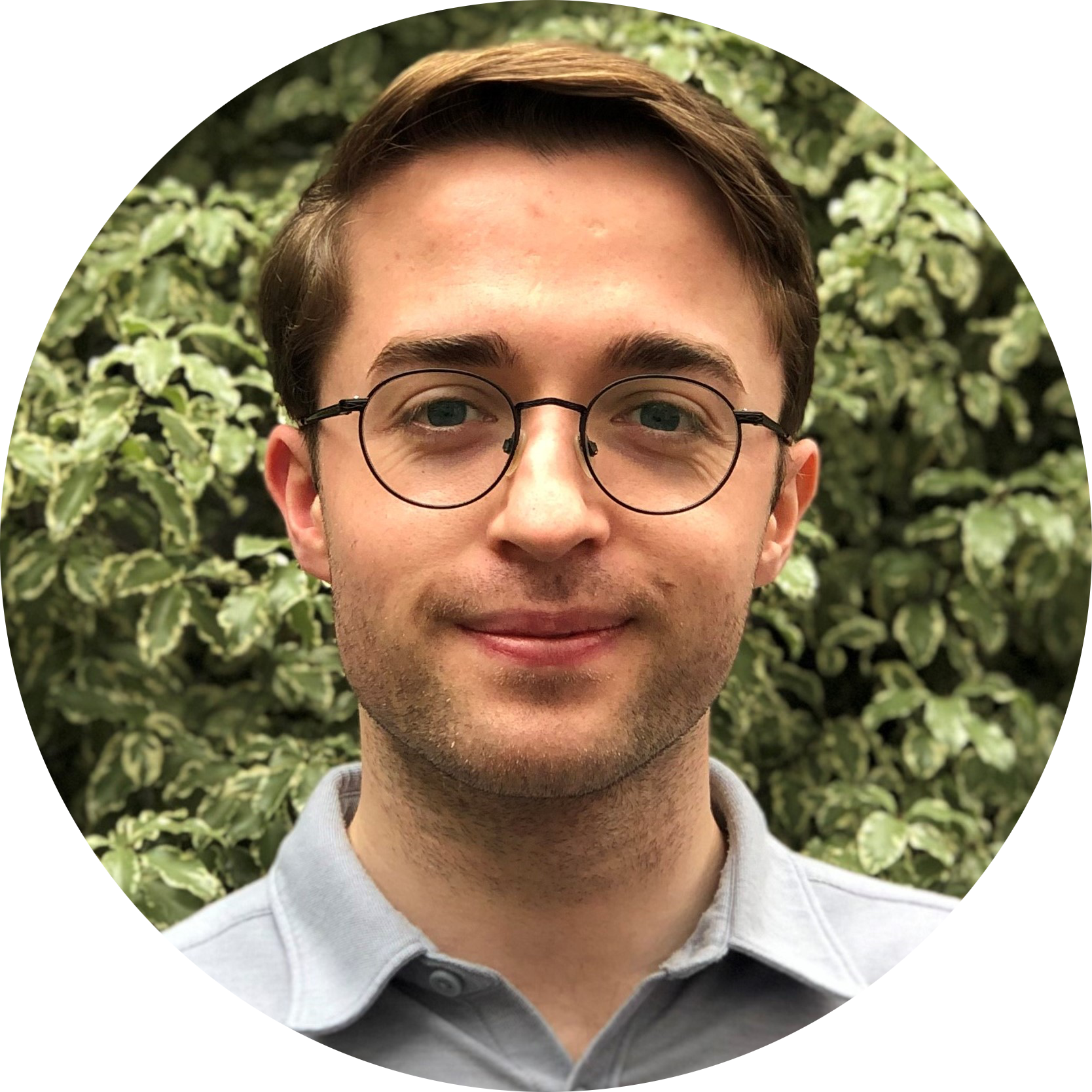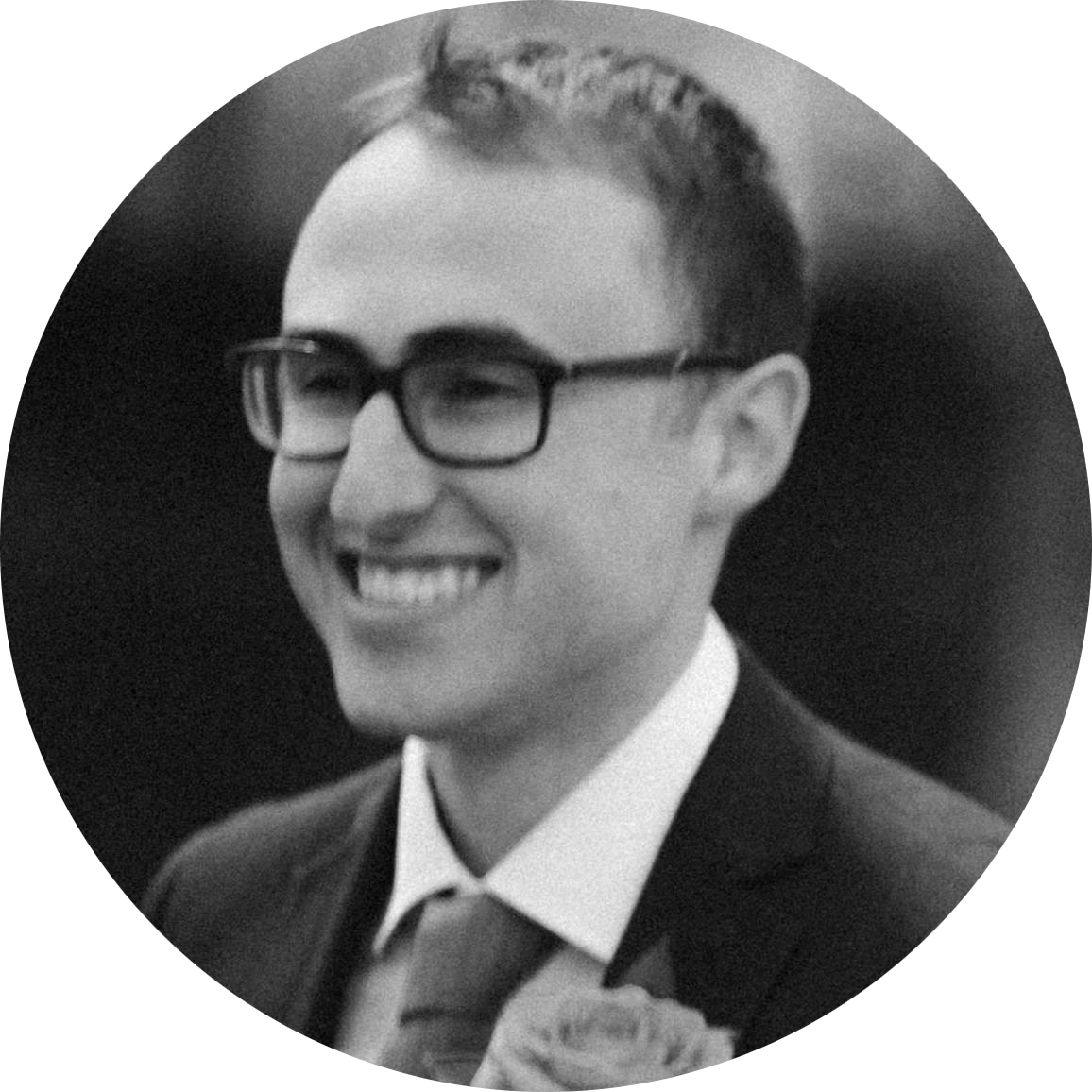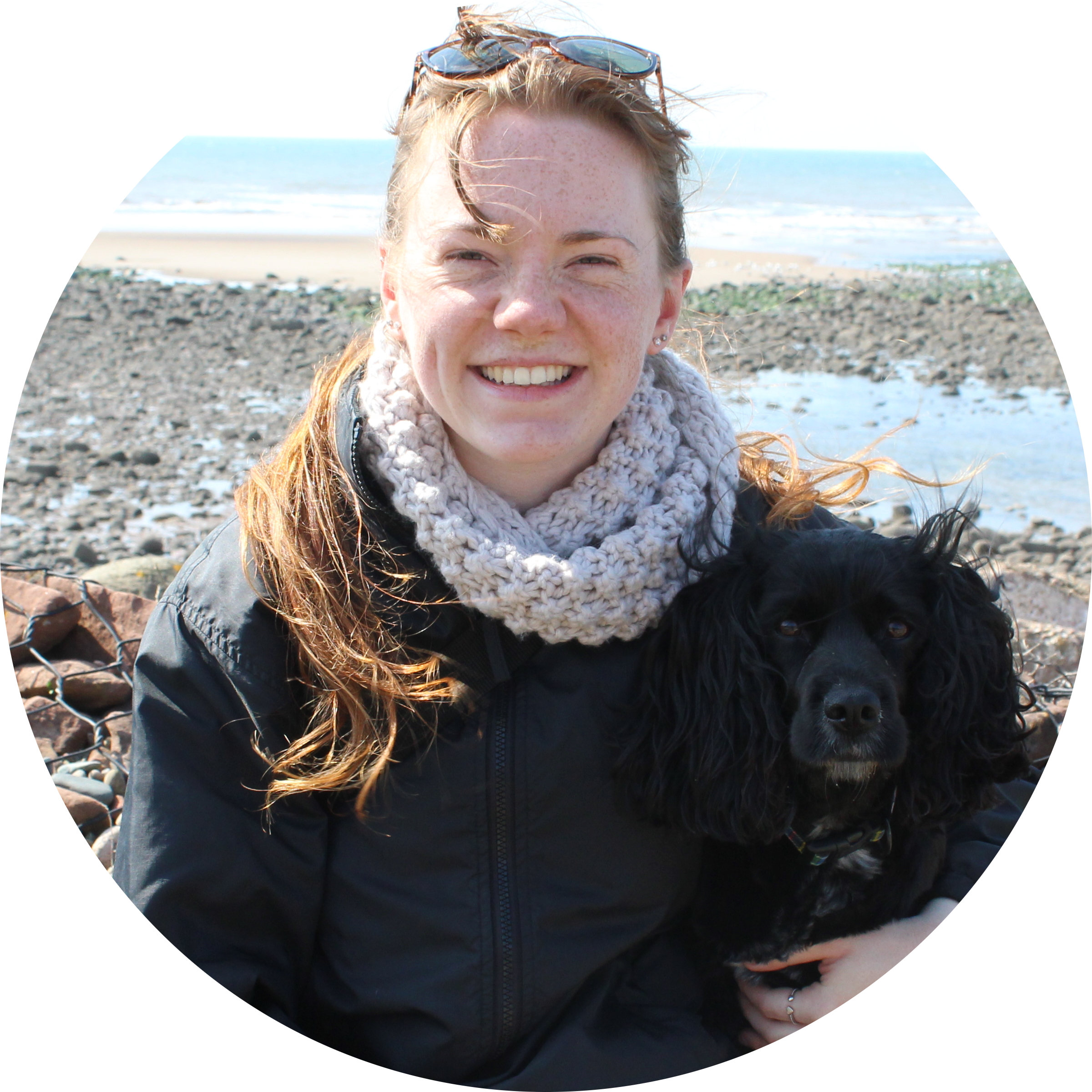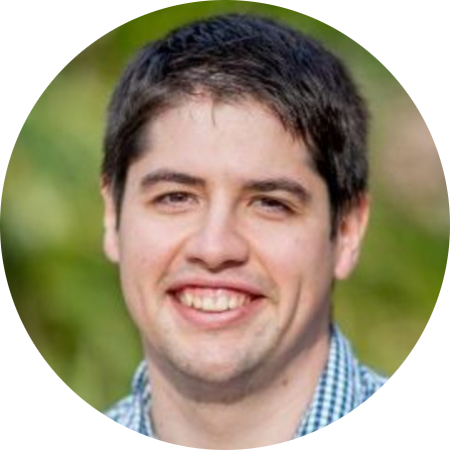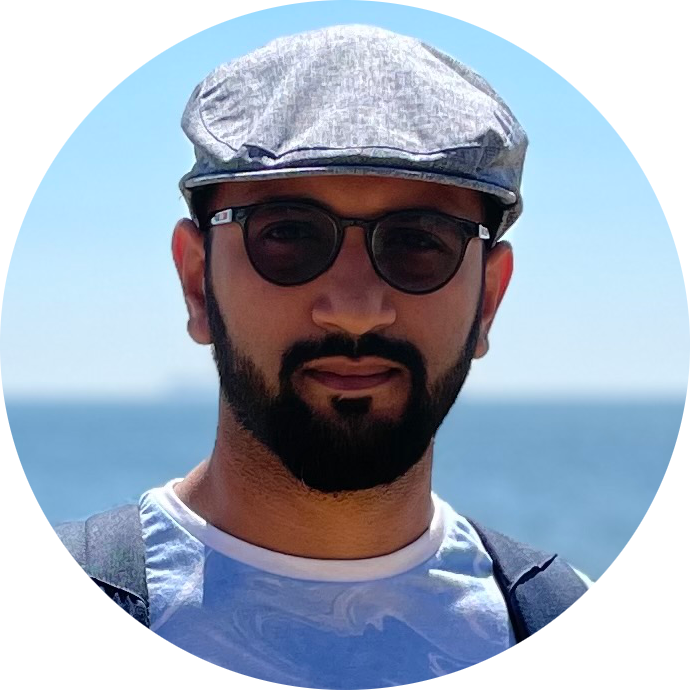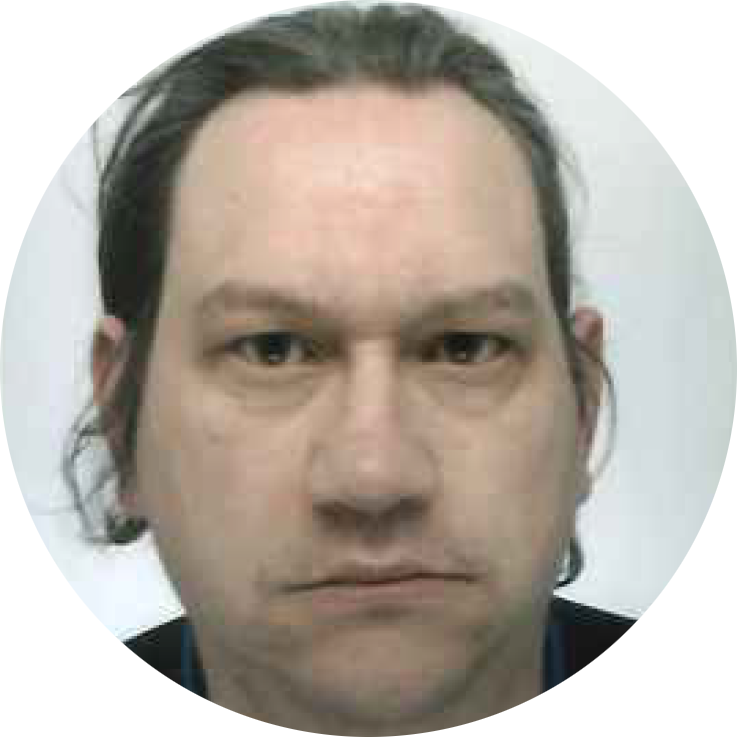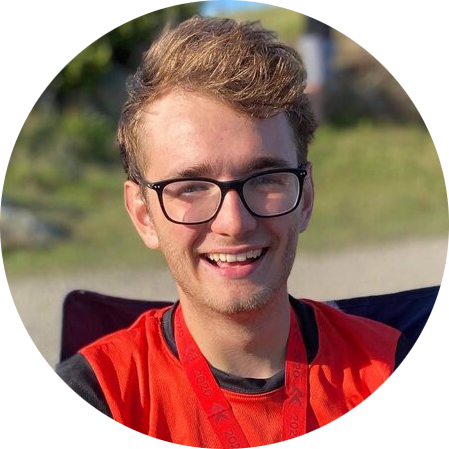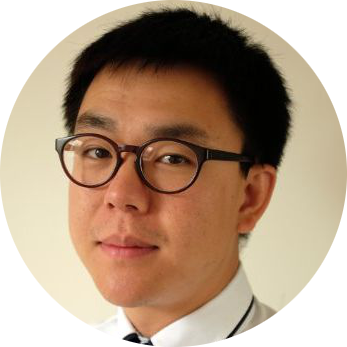AI3SD and Directed Assembly would like to welcome and introduce all our students taking part in the 2021 Summer School.
AI3SD have teamed up with the Directed Assembly Network to run a virtual summer school this summer (2021) on Machine Learning 4 Materials & Chemicals which encompass our overlapping Network interests of AI, Machine Learning, Artificial Photosynthesis, Biomimetic Materials, Crystal Design & Engineering, Materials, Molecules, Photochemistry, Photocatalysis and Supramolecular Chemistry. This virtual summer school will run between the 6th July and the 24th August, and will run on British Summer Time (BST). More information can be found here. Videos will be made available on the AI3SD YouTube Channel after the events.
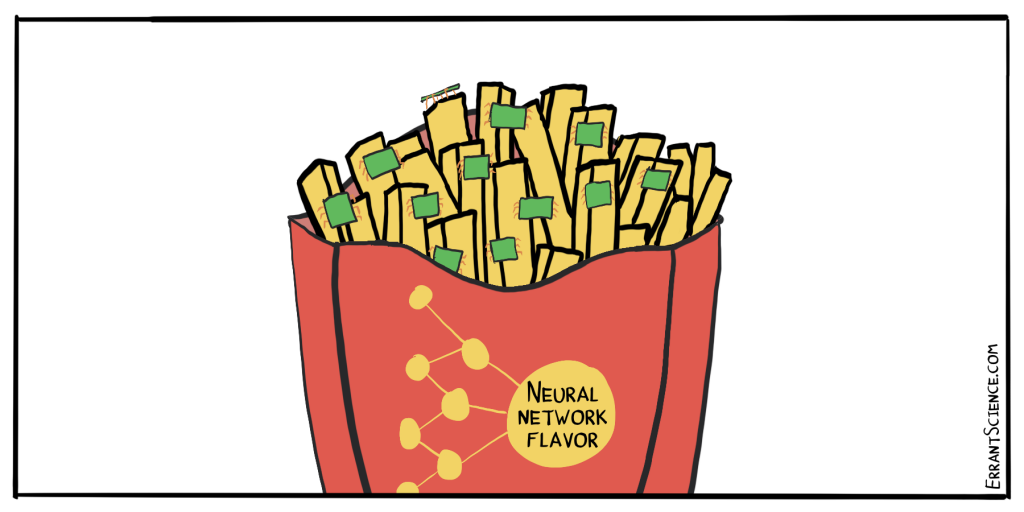
Anna Bachs-Herra
I started my PhD in Chemistry at Swansea University in January 2021. Prior to that, I completed my BSc in Chemistry at Universitat Rovira i Virgili (in Tarragona, Catalonia), and my MSc in Chemical Engineering at Universitat Politècnica de Catalunya, where I was trained to become an experimental scientist. But I love learning new things and I am currently working on the development of bioinspired nanomaterials from biomass sources from a theoretical and computational chemistry point of view with a little experimental part on the side, so I get the best of both worlds. Even though at an early stage, work focuses on multiscale modelling and simulations, so I basically use different software and methods for electronic structure calculations and molecular dynamics simulations of these materials.
Benedict Saunders
Having attained a Distinction in MSc Chemical Research from UCL, Ben is currently working as a postgraduate research assistant in the Zwijnenburg Group at the same institution. His work involves on modelling various copolymers for use as water splitting photocatalysts, using a semi-empirical, high-throughput screening method, investigating how different combinations of monomers affect water-splitting functionality. His research interests lie in the computational design and discovery of energy storage technologies and materials, and the automation of chemical research pipelines. He plans to pursue a PhD in these fields and apply machine learning practices to create data-driven research procedures. Outside of research, Ben enjoys sailing and watersports, and holds RYA Competent Crew and Powerboat 2 certificates.
Billal Sohail
Hi, I’m Billal and I’m in the Maurer group at the University of Warwick. My research is focused on organic donor and acceptor molecules at metal interfaces and characterising such junctions using Density Functional Theory.
Calum Hand
Hello my name is Calum Hand and I am a PhD student at the “Centre for Sustainable and Circular Technologies” at Bath University.. My main project uses machine learning techniques to accelerate the identification of high performance materials from large databases but I’m also looking into anything interesting I can get my hands on! Now that Lockdown is easing up I’m also enjoying being back at climbing and heading to the pub when possible! Looking to forward to working with you all on the course!
Chun Yee Calvin Yiu
I’m currently a first year PhD candidate at the University of Bristol researching and developing IMPRESSION (Intelligent Machine PREdiction of Shift and Scalar Information Of Nuclei), a machine learning framework for predicting NMR parameter, funded by Genentech and supervised by Prof Craig Butts. After obtaining a BSc in Chemistry from Queen Mary and a Master’s in Molecular Modelling from UCL I developed a strong interest in the computational aspects of Chemistry, particularly in the application of machine learning introduced to me through my research project in predicting opto-electrical properties in polymer chains. Learning how to code and applying my understanding of chemistry to solving this problem was really engaging and fueled my interest in pursuing a PhD around a similar topic (though this has come at a cost of no longer doing labs which I love, which I’m trying to make up for it by cooking more at home!). Since then I’ve been learnt a lot more about machine learning and its potential to assist in a wide range of fields. I hope to learn a lot more in the coming months by attending ML4MC summer school and meeting like-minded people.
Dinga Wonanke
I was born and raised in Cameroon, where I obtained my B.Sc. and M.Sc. in chemistry before moving to New Zealand to do a PhD at the University of Canterbury. Upon completing my PhD, I moved to Nottingham Trent University to assume my current postdoc in computational material chemistry. In my postdoc, I am designing a novel predictive parameter for predicting flexibility and mechanical properties of metal organic frameworks. Consequently, I manipulate a database of hundreds of thousands of metal organic frameworks and their building blocks daily. In this summer school, I am looking forward to improving my knowledge in data analysis as well as learn the necessary machine learning techniques, which I can in incorporate in my predictive model to make it more robust. Moreover, these skills will enable me to easily attain my long-term career goals in material and drug discovery.
Dylan Stewart Barker
My name is Dylan and I’m a first year PhD student at the University of Leeds and my project is entitled “Teaching a machine to move atoms.” My group at Leeds focusses on using scanning probe microscopy (SPM) to image atoms and molecules on surfaces, but these probes are also able to manipulate adsorbates on these surfaces with a great deal of precision. The idea of my project is to use machine learning methods to automate manipulation of these surfaces with the possibility of producing a program which is able to produce artificial structures without any human intervention. Whilst I have learnt a lot on the concepts involved in machine learning programs, I have no hands on experience and so I am looking forward getting started.
I am also a keen programmer, and enjoy writing simple games (mostly in python) to enjoy with family and friends. In my spare time I also enjoy cycling, reading and playing games.
Erhan Gulsen
I am graduate in Computer Engineering from Karabuk University, Turkey. I completed my master in the University of Nottingham with the dissertation that is an assistive health monitoring system for elderly people in care-homes.
Currently I am in the 3rd year of my PhD at the University of Nottingham. My research interest includes the ultrasonic sensors and machine learning applications for the quality assessment of baked products.
Federica Zanca
I graduated from University of Palermo in 2016 with a BSc in Chemistry and in 2018 with a MSc in Chemistry of Materials. I am currently doing a PhD in the Department of Chemical and Biological engineering at University of Sheffield. My research is mostly centred on the discovery and characterisation of conductive metal-organic frameworks (MOFs) using a computational high-throughput screening approach. I also work on parallel projects based on the design and synthesis of covalent organic frameworks (COFs).
Feiyu Zhu
My name is Feiyu Zhu and I am a first-year PhD student in the School of Geography and Environment at the University of Southampton. My main research direction is urban remote sensing and noise pollution. I like programming, and I am learning and using popular machine learning and deep learning techniques. In addition, as a student in a cross-research field, I found that many students of different majors have formed their own unique logic and angles of thinking about problems in the process of studying this major, some of which come from their suggestions and opinions It often makes me feel awkward. Therefore, although my spoken English is not very good, I enjoy the process of communicating with other scholars. I also really enjoy the process of solving some technical difficulties that I did not understand before or when there are new discoveries in the research. I think ML4MC Summer School is a very good opportunity to master new skills, develop thinking and develop teamwork skills. Regarding some personal interests, I am a switch player, and I like to play some party games and fitness exercises (such as just dance) with my friends.
George Hodgin
Hello! I’m George, a first year PhD student at the University of Leeds. My project is titled ‘Reactivity data for prediction models in chemical syntheses’ and it focuses on using freely available reaction data to model and predict chemical reactivity. I completed my MChem at the University of Leeds in 2018 and spent a year studying abroad in Budapest, Hungary atEötvös Loránd University.”
Guanming Huang
I’m a PhD student at Sheffield and working on Metal Organic Frameworks (MOFs), Molecular Simulation (MS) and Machine Learning (ML).
MOFs are a set of tuneable and porous artefact, my research uses MS software to calculate gas uptake in MOFs based on gases properties, MOFs properties and computational techniques. This work has auxiliary and directive functions to experiments to finding promising structures for specified utilisation.
With the accumulated data from MS, the applying ML on my works could further accelerate research. I feed property values of gases and MOFs as input set and performance values (e.g. gas uptake) as output set to train ML models. The existing well-trained models has been suitable for various simple and near-sphere gas molecules. Building a model with wider scope of application is one of my main works.
All of my works are fully computer-based, the mostly used software include RASPA, Zeo++ and TensorFlow. For increasing productivity, Linux and Python are also my interests.
Harry Hagan
Hello, I am Harry Hagan, a PhD student at Imperial College London currently researching how molecules pack in the solid state. I am interested in utilising the machine learning methods and the ever-increasing wealth of crystallographic data to develop automated and high-throughput methods to characterise and predict the bonding motifs that a molecule will form in its crystal structure. By employing this data-driven approach, the aim is to accelerate the discovery of new materials with favourable bonding motifs and, by extension, properties. Presently, I am working with molecules containing fused aromatic ring systems, notably acene and helicene derivatives, for their applications in organic electronic devices. While not studying, I enjoy playing squash and hiking.
Honyang Dong
Hongyang is currently a PhD student in the chemistry department of University College London. His knowledge background includes MSc Scientific Computing and BSc Physics degrees from UCL. My skills include many computing languages (Python, C++, java, C, R), high performance computing skills, and machine learning techniques. He has taken part in many computing and spectroscopic related projects like “Developing an intelligent chemical reaction generator”, “Time-correlated single-photon counting (TCSPC) on fluorescence analyzing”, and I also did some internships about the research of the Quadrotor UAV Flight Attitude Control System. His PhD project is focusing on applying AI and machine learning techniques on high throughput analysis of chemical imaging data, which includes the super-resolution of X-ray diffraction CT data, developing a fast CT image reconstruction method, and image de-noising neural networks. His most recent work (https://www.nature.com/articles/s41524-021-00542-4) demonstrated a fast deep convolutional neural network to ‘display’ physico-chemical information such as particle size and lattice parameter from big powder diffraction data.
Huiwen Zhu
PhD student from University of Nottingham, China, studying Material Science & Computational chemistry & heterogeneous catalysts, specifically interested in searching for high performance electrocatalysts for CO2RR/ORR/OER by computational chemistry and machine learning, VASP/ machine learning user & beginner, familiar with python.
Jack Simpson
I am currently a third year PhD student at the University of Liverpool working with Professor Neil Berry. I received my Masters in Medicinal Chemistry with Pharmacology from the University of Liverpool (2018). Based within the Department of Chemistry, I am a member of the Leverhulme Research Centre for Functional Materials Design and my research focuses on using Quantitative Structure Property Relationship (QSPR) modelling to build models that can accurately predict properties for materials of interest. Currently, my PhD involves building models for Low Molecular Weight Hydrogels from functionalised peptides to be able to predict whether or not a gel form under certain reaction conditions. Moreover, we also focus on building models that can predict what properties the resultant gel may possess, namely the storage and loss moduli. In our work, we also utilise genetic algorithms for De Novo molecule design with desirable storage and loss moduli as predicted by our models.
Jasmine Catlow
Hi, I’m Jaz! I’m currently in the first year of my PhD at The University of Sheffield, where I obtained my MChem degree in 2020. My project is joint between the Partridge and Hill groups, and can be classed as transition metal catalysis and computational chemistry. My research focuses on using computational chemistry to guide synthesis, with the goal of modelling reaction outcomes using machine learning. I’ll be applying this to the palladium catalysed reactions of alkyl boronic esters in the synthesis of potential building blocks for natural products. Aside from research, I’m also involved with lots of outreach work, including delivering online webinars and workshops for school students, and running lab sessions in non-pandemic times! I recently started working as a graduate teaching assistant in the undergraduate teaching labs, and have found it really rewarding. My other extracurricular activities involve being the Research Representative on the Chemistry Postgraduate Society; coordinating feedback from PGR students, and the First Year Representative.
Jay Johal
Hi, I am Jay Johal and alongside this summer school I will be just starting my PhD at the University of Southampton in computational chemistry centred around exploration of chemical space for materials discovery. During my masters and personal projects I have developed an interest and skillset in machine learning which I am excited to develop further, whilst gaining knowledge on the different applications and developments in the field. Additionally, I am looking forward to the opportunity to work with other PhD students further into their studies, helping to give me an insight into their PhD experiences which I believe will help me to start strong with my own research. With starting my own PhD alongside this summer school I anticipate this to be a highly interesting and engaging summer.
Joe Crossley-Lewis
My name is Joe Crossley-Lewis, I am 25 years old and I am currently living in Bristol in the UK. I grew up in Cardiff in Wales and moved to Bristol for my undergraduate where I graduated with an MSci in chemistry in 2019. I am just finishing my second year of my PhD studying catalysis in zeolites using computer modelling and virtual reality. In my investigations I have employed a variety of techniques including density functional theory calculations, molecular dynamics and molecular dynamics in virtual reality (iMD-VR). Besides computational chemistry I love to cook and spend time with friends at the pub as well as play video games and make use of my virtual reality headset.
John Oyekan
I am a Lecturer in Digital Manufacturing in the Department of Automatic Control and Systems Engineering at the University of Sheffield. Prior to the University of Sheffield, I was an Engineer at the Manufacturing Technology Centre in Coventry where I developed software architectures and algorithms for Autonomous Systems. I have over 3 years’ experience working in industry and my work is characterised by both fundamental and applied research in collaboration with partners in the automotive, aerospace and manufacturing sectors. My research interests are in Sensing, Swarm Robotics, Collaborative Robotics, novel Nature-Inspired algorithms and Machine Learning for various applications. I currently teach MScs and 3rd year Undergraduate Students Machine Learning.
Joseph Adjimani
Joseph Adjimani is a GPhC registered clinical pharmacist by training and a member of the royal pharmaceutical society (RPS). Having worked in hospitals, GP practices and community pharmacy, he decided to venture in academia and is currently undertaking an EPSRC funded PhD in the drug delivery department of the school of pharmacy at the University of East Anglia, Norwich. His research topic explores the application of machine learning methods for predicting the properties of multicomponent pharmaceutical forms based on lessons learned from their intermolecular interactions. The project objective is to develop improved protocols for predicting the formation of multi-component drug crystals, by experimental collection of training data and validation by machine learning models.
He works under the supervision of Professor Yaroslav Khimyak; who specialises in the understanding of structure and dynamics of materials with limited long range ordering using advanced NMR, and Dr László Fábián, an expert in crystallography and solid state chemistry of pharmaceutical compounds. Feel free to contact regarding possible collaborations!
Lawson Glasby
I am a PhD Student at the University of Sheffield in the Department of Chemical and Biological engineering. My research interests are centred around the properties of metal-organic frameworks, notably their topologies. I also have interests in MOF conductivity, and machine learning for the purposes of structure property prediction. I graduated from Northumbria University in 2019 with a BSc in Physics and Astrophysics, and then from University of Sheffield in 2020 with a MSc(Eng) in Environmental and Energy engineering.
Michael High
Michael is a third year PhD student at Imperial College London focusing on oxygen carrier development for chemical looping applications for carbon dioxide capture under the supervision of Professor Paul Fennell and Dr Kyra Campbell. The aim of his research is the rational design of oxygen carrier materials by developing synthesis-structure-performance relationships through rigorous chemical and physical characterisation techniques. It is hoped the attendance of the ML4MC summer school will aid the screening of materials for chemical looping processes through machine learning techniques.
Michael is part of the newly formed Early Career Researcher Working Group at the UK Carbon Capture and Storage Research Centre (UKCCSRC). His wider interests are industrial decarbonisation (particularly iron and steel), hydrogen, and energy in the urban environment.
Philip Smith
I am beginning a postdoc at the University of Liverpool applying data science for smart sustainable plastics and polymers. The postdoc will entail using machine learning on large datasets containing the chemical and mechanical properties of a list of plastics. The aim is to identify the key properties of a plastic that determine the degree to which repeated recycling causes the plastic to degrade and thus lose its desired properties. During my PhD, also undertaken at the University of Liverpool, I was involved in using geometric and topological methods to classify crystals up to isometries. This work adds structure to large datasets of crystals, enabling clustering algorithms and machine learning techniques to be applied, allowing for a better analysis of these datasets. I have a background in maths, completing my undergraduate degree at Durham University.
Rebecca Clements
I am in the first research year of an iPhD with the Next Generation Computational Modelling CDT at the University of Southampton, studying the molecular organic solid state, supervised by Professor Graeme Day and Professor David Woods. I completed an integrated Master’s in Chemistry with Maths at the University of Southampton, with a project on modelling bacterial cell membrane permeability using classical molecular dynamics with Professor Syma Khalid. I have also worked on projects in electronic structure theory method development with Professor Chris Skylaris in the linear-scaling density functional theory software package ONETEP. The aim of the PhD is to improve the prediction of crystal structures at force field level using quantum mechanical methods, at a greatly reduced cost, with machine learning techniques. I am applying higher levels of theory to fragments of crystals, which are easily parallelisable and can provide a training set of simple calculations to learn from. Another approach will be to learn lower cost quantum mechanical total lattice energies from a force field baseline. The end goal is to achieve a multi-fidelity approach based on either method.
Reece Lester
I am originally from chester and graduated from Cardiff University in 2019 with a BSc (hons) in Medical Pharmacology. Following that I completed an MSc at the University of Strathclyde in Advanced Pharmaceutical Manufacturing. I completed my MSc research project looking at spectral data pre-processing techniques to remove temperature induced variation from UV-vis spectra. I am currently studying in the CDT for Sustainable Chemistry at the University of Nottingham. I have just come to the end of my first year and will be starting my PhD project looking at creating multi-scale reaction models. I will be using computational fluid dynamics combined with an AI/Machine learning method to optimise reactor design and process parameters for chemical production from laboratory to industrial scale. In my spare time I enjoy training and competing in triathlon and cycling alongside camping and hiking.
Sayan Pal
Dr. Sayan Pal is a postdoctoral researcher in UCL Chemical Engineering, involved in developing continuous flow frameworks for the synthesis of Iron Oxide and Gold nanomaterials tuned for biomedical applications. Prior to UCL, he was a postdoc in IIT Bombay, India, where he worked on synthesis of gold nanomaterials and developing continuous microfluidic devices for cell electroporation and dielectrophoretic separation. He received his doctorate from CSIR-National Chemical Laboratory, India, and published papers in reputed chemical engineering journals and conferences. His Ph.D. research was focused on particle handling and multiphase flow in microfluidic, milifluidic, and impinging jet reactors. He specializes in continuous manufacturing of a wide range of micro & nanomaterials, particle handling in continuous systems, and scale-up. Outside of his research, Sayan is a football fan, foodie, and tech. enthusiast.
Stefan Kuhn
Stefan Kuhn is a software developer and researcher in the life sciences, in particular chemoinformatics. His areas of interest include analytical chemistry, NMR, chemical databases, machine learning, and image processing. He is currently lecturer in computer science at De Montfort University, Leicester.
Thomas Dixon
My name is Tom and I am a first year PhD student at the University of Leeds in the department of chemistry, supervised by Dr. Richard Bourne. My PhD involves the development of an automated impurity scouting system for flow chemistry. This system aims to make use of analytical techniques such as high pressure liquid chromatography (HPLC), as well as machine learning tools such as optimisation algorithms, to form a closed-loop system that can detect and characterise impurities during the synthesis of active pharmaceutical ingredients (APIs). I graduated with a masters in chemistry at the University of Bristol in 2020 which involved a years placement at Lubrizol, a company that provides solutions to the automotive industry. In my spare time I enjoy long distance running and have taken part in ultra-marathons and other outdoor actives such as orienteering. I have also recently started learning about electronics, microcontrollers and 3D printing so that I can potentially design and create hardware related to my PhD.
Yinling (Elaine) Lu
I am doing a new Ph.D student in Physical and Theoretical Chemistry. I have been doing research on physical organic chemistry for a while, and the recent projects are mainly related to cycloadditons between organic molecules. For instance, I just finished doing the project on comparison of (5+2) cycloaddtions involving oxidopyrilium and oxidopyridinium, and am currently studying [4+2] cycloadditions of biomolecules. I did these during my undergraduate years, but I will probably do something different for my Ph.D degree. I am interested in applying Machine Learning to simulate reactions. I have started doing the project, but I think my future research will be more closely related to topics such as method developing and molecular simulation, which would involve things like adding force fields. Besides chemistry, my interest is in art and literature. I love watching opera and listening to classical music. Also, I like reading Russian Literature. My favorite Russian authors are Dostoevsky and Ivan Bunin.
Yue Wu
Yue is a research lead in the Cooper group at the Materials Innovation Factory, University of Liverpool leading projects that combine chemistry, automation and machine learning to discover new materials. Previously Yue held postdoctoral positions working on materials discovery and advanced characterization with crystallography at the National University of Singapore, the University of Cambridge, and the University of Oxford. Yue completed his PhD in chemistry at the University of Sydney.
